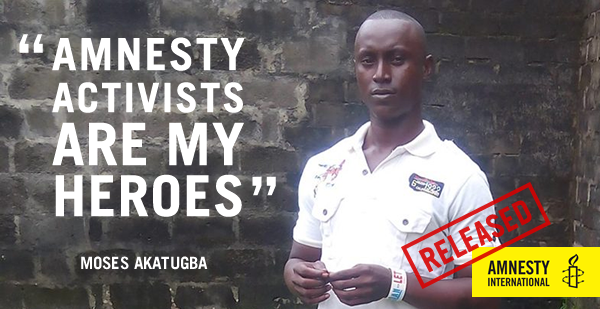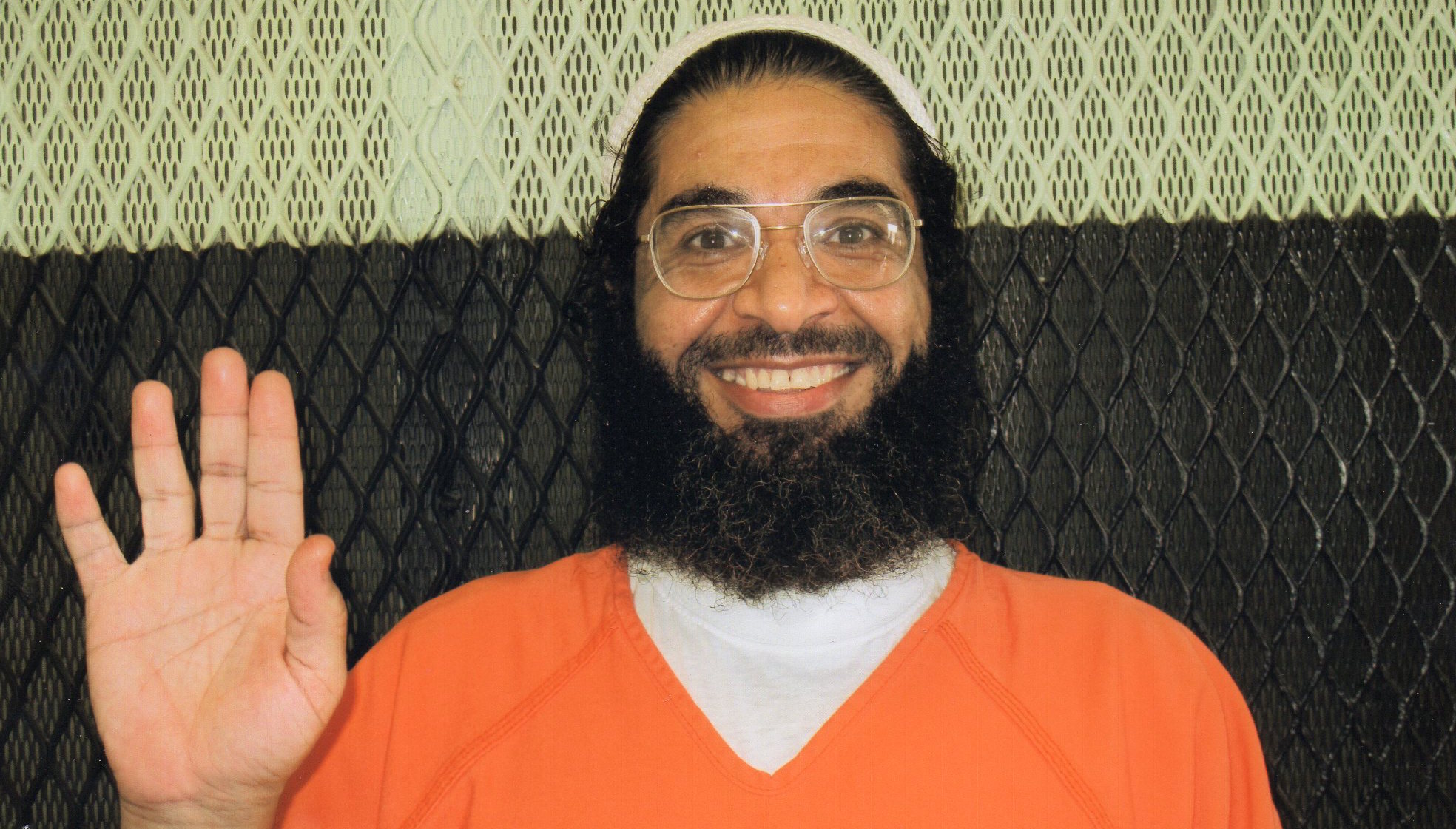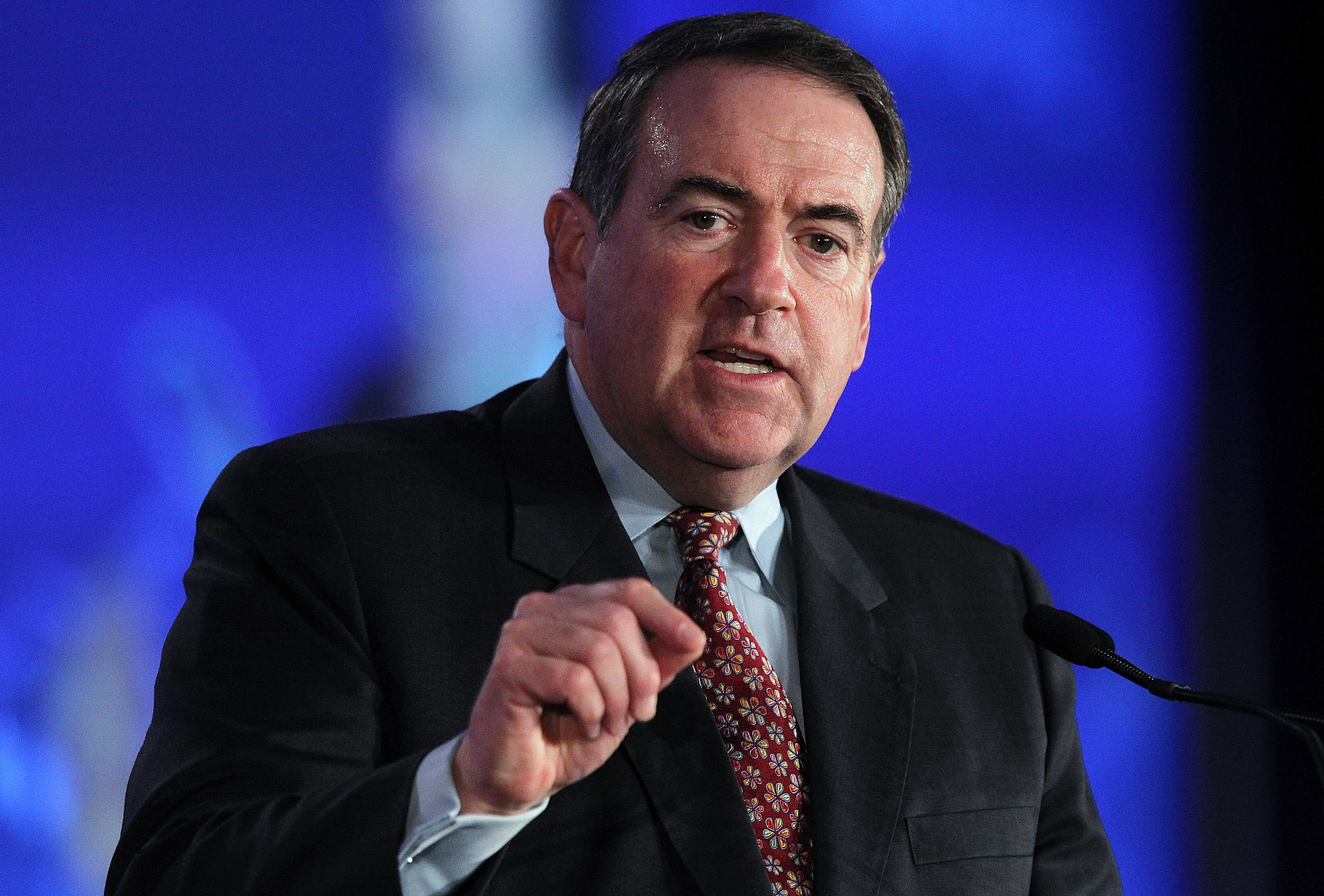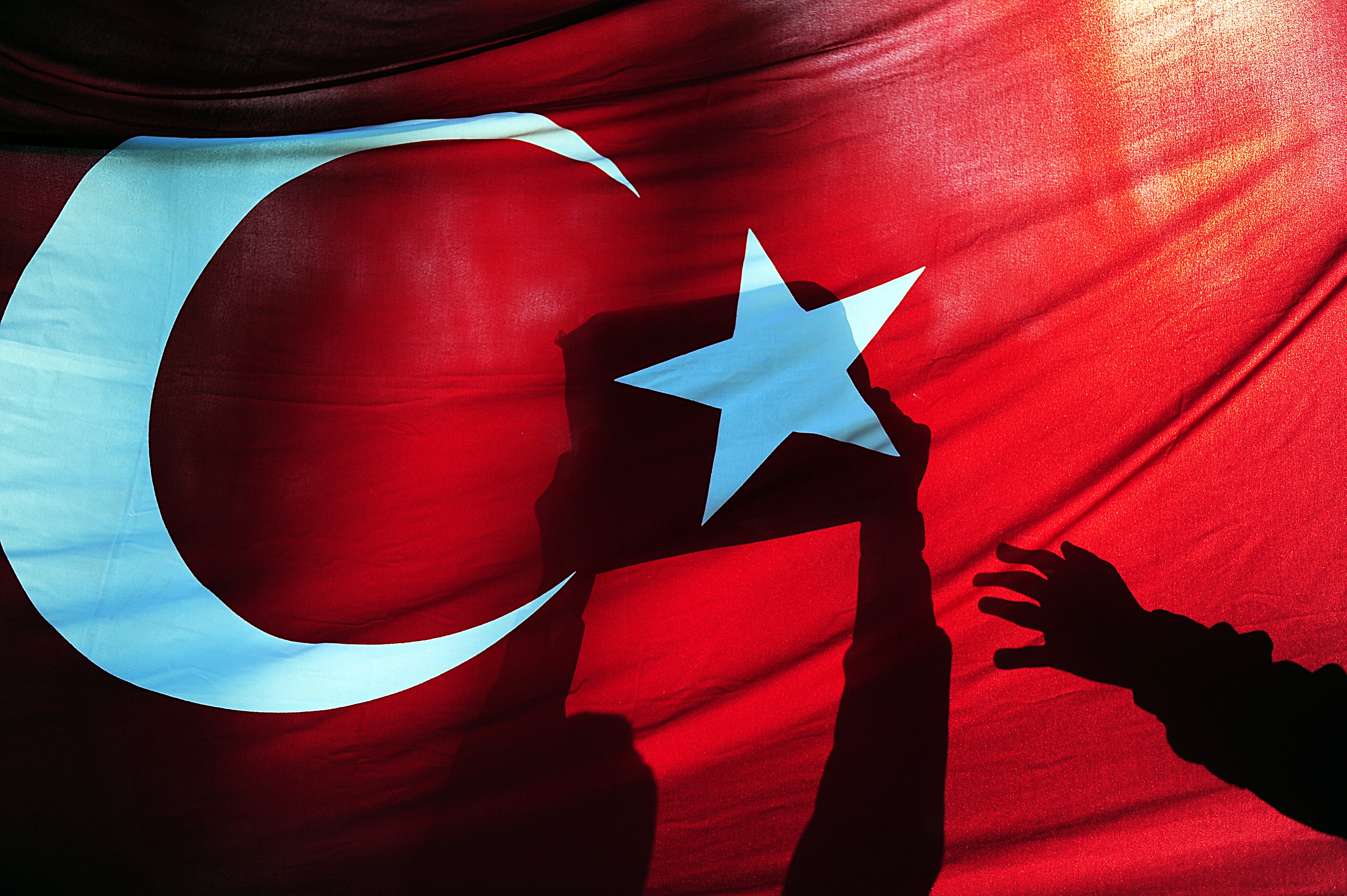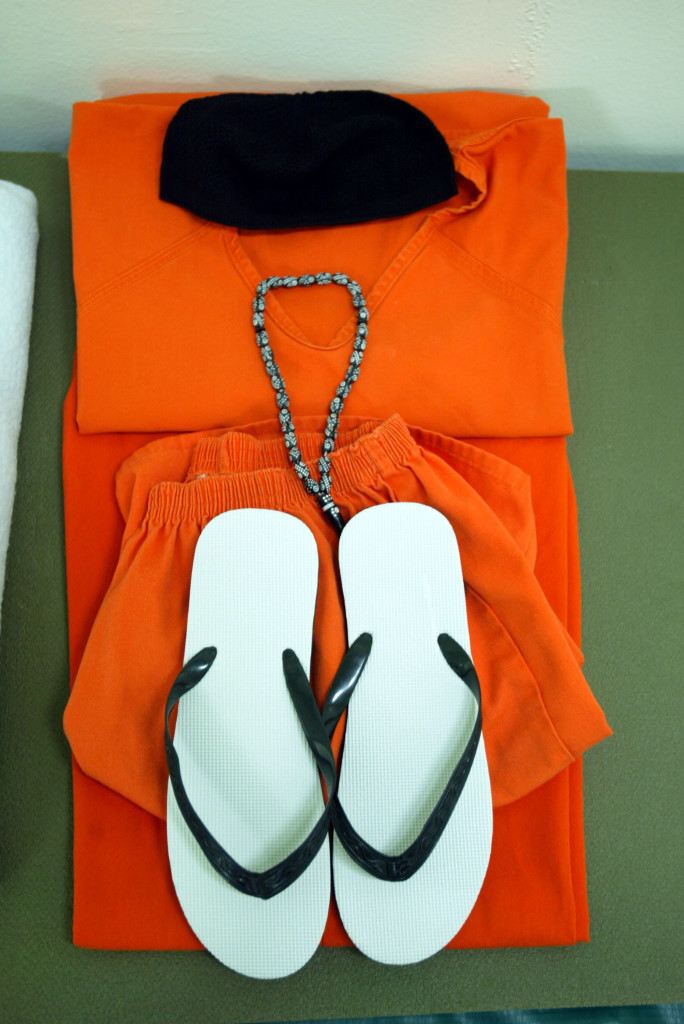
(Photo Credit: Mladen Antonov/AFP/Getty Images).
By Adotei Akwei and Larissa Peltola*
After months of anticipation by the global community, the Department of State’s Country Reports on Human Rights Practices for 2014 finally arrived on June 25, a mere six months into 2015. This beguiling page-turner, which provides us with a summary of the state of human rights around the world, highlights virtually every country yet somehow manages to gloss over, or omit altogether, the human rights violations occurring in the United States (#closeGuantanamo).
Amnesty International USA, along with several other human rights groups, continues to welcome the reports as a potentially valuable roadmap to guide U.S. foreign policy. They offer a detailed look at the human rights situation in particular countries and often indicate developing political and human rights crises, but sadly, they have historically been ignored by the very government that produces them.
The Obama administration has repeatedly stated that human rights are a priority of its foreign policy. If that is the case, then we urge the administration to look at the reports of the countries flagged below and assess whether those countries should be receiving security or financial assistance, or whether supporting governments that treat people so poorly is a sensible investment of U.S. taxpayers’ dollars.
SEE THE REST OF THIS POST

